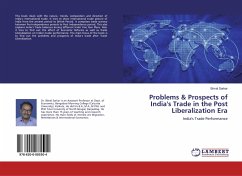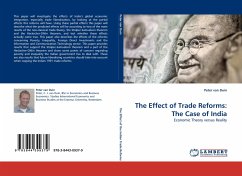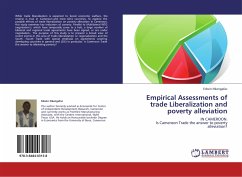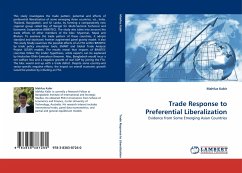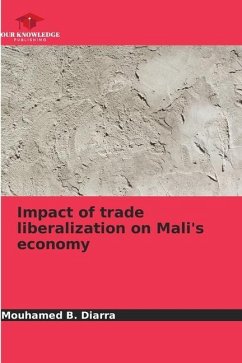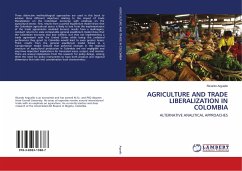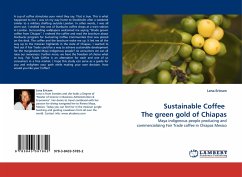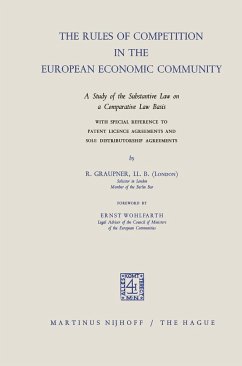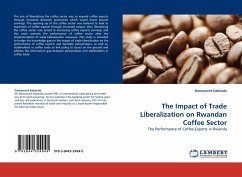
The Impact of Trade Liberalization on Rwandan Coffee Sector
The Performance of Coffee Exports in Rwanda
Versandkostenfrei!
Versandfertig in 6-10 Tagen
32,99 €
inkl. MwSt.

PAYBACK Punkte
16 °P sammeln!
The aim of liberalizing the coffee sector was to expand coffee exports through increased domestic production which would boost exports earnings. The opening up of the coffee sector was believed to lead to expansion of coffee exports through increased output, thus, liberalizing the coffee sector was aimed at increasing coffee exports earnings and this work assesses the performance of coffee sector after the implementation of trade liberalization measures. This study is intended to bridge the knowledge gap on the impact of trade liberalization on the performance of coffee exports and facilitate ...
The aim of liberalizing the coffee sector was to expand coffee exports through increased domestic production which would boost exports earnings. The opening up of the coffee sector was believed to lead to expansion of coffee exports through increased output, thus, liberalizing the coffee sector was aimed at increasing coffee exports earnings and this work assesses the performance of coffee sector after the implementation of trade liberalization measures. This study is intended to bridge the knowledge gap on the impact of trade liberalization on the performance of coffee exports and facilitate policymakers, as well as, stakeholders in coffee trade to link policy to issues on the ground and address the information gap between policymakers and stakeholders in coffee trade.



